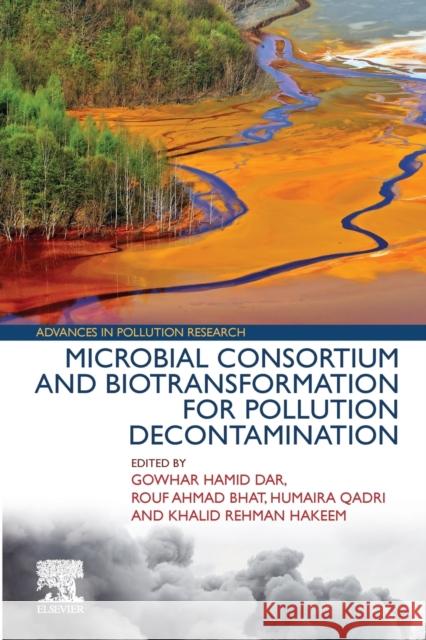Microbial Consortium and Biotransformation for Pollution Decontamination » książka
topmenu
Microbial Consortium and Biotransformation for Pollution Decontamination
ISBN-13: 9780323918930 / Angielski / Miękka / 2022
Kategorie:
Kategorie BISAC:
Wydawca:
Elsevier
Seria wydawnicza:
Język:
Angielski
ISBN-13:
9780323918930
Rok wydania:
2022
Numer serii:
001226691
Oprawa:
Miękka
Wolumenów:
01
Dodatkowe informacje:
Wydanie ilustrowane











